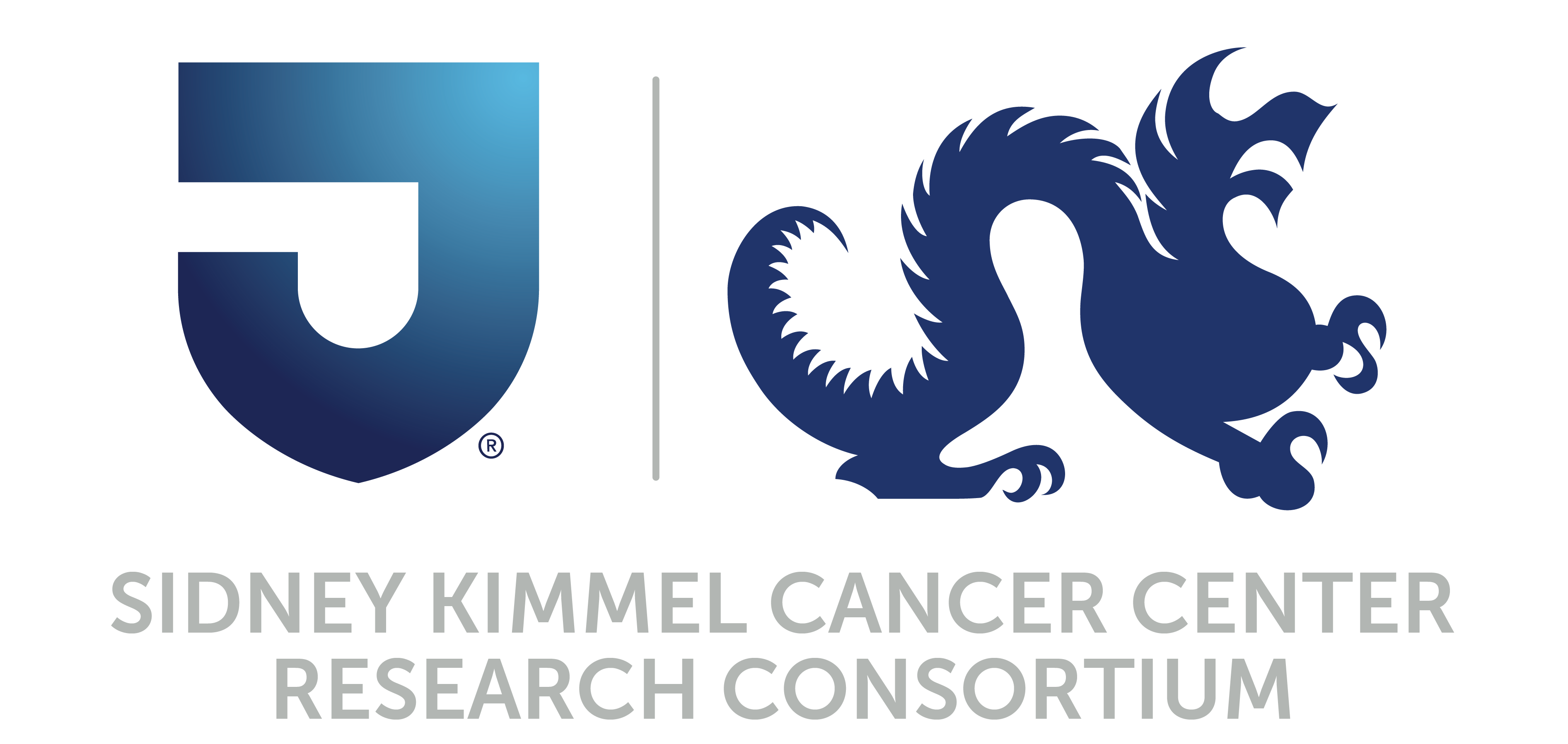
Dr. Kelly on Efficacy of Radium-223 Dichloride and Niraparib in Patients With mCRPC

William K. Kelly, DO, discusses results from a phase 1b dose-finding study evaluating the combination of radium-223 dichloride (Xofigo) plus niraparib (Zejula) in patients with metastatic castration-resistant prostate cancer.
William K. Kelly, DO, professor of medical oncology and urology, Thomas Jefferson University, and director of the Division of the Solid Tumor Oncology at Sidney Kimmel Cancer Center, discusses results from a phase 1b dose-finding study (NCT03076203) evaluating the combination of radium-223 dichloride (Xofigo) plus niraparib (Zejula) in patients with metastatic castration-resistant prostate cancer (mCRPC).
The primary objective of the trial was to determine the optimal dose of niraparib when combined with radium-223 in patients with mCRPC who have and have not received prior chemotherapy. A total of 30 patients were enrolled on the trial; 15 patients were assigned to the chemotherapy-exposed arm, while the remaining 15 patients were assigned to the chemotherapy-naïve arm. Overall, patients on both arms had an excellent ECOG performance status, says Kelly.
Results showed that the maximum-tolerated dose (MTD) of niraparib was 100 mg daily in the chemotherapy-exposed arm and 200 mg daily in the chemotherapy-naïve arm, adds Kelly.
Interestingly, the most clinical activity with the approach was reported in in the chemotherapy-naïve arm, adds Kelly. When looking at the 200-mg dose level in a group of 7 patients who had not received prior chemotherapy, 1 patient had a ≥50% decline in prostate-specific antigen (PSA) at 12 weeks and 5 patients experienced a ≥30% decline in alkaline phosphatase (ALP). Furthermore, 43% of patients on the chemotherapy-naïve arm achieved a ≥50% reduction in ALP. Overall, all 7 patients on this arm experienced a decline in either ALP or PSA, suggesting clinical activity with this approach, concludes Kelly.




































